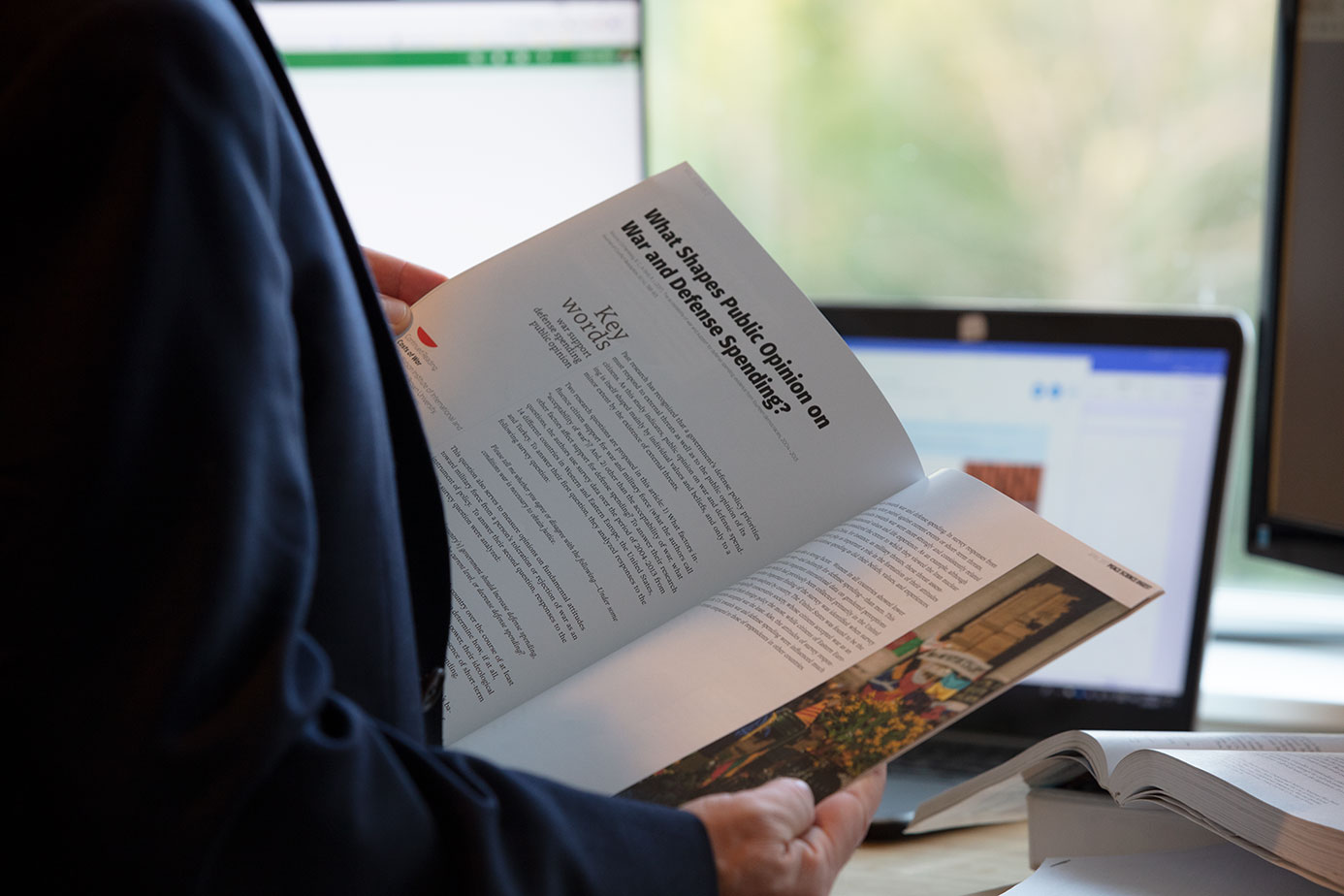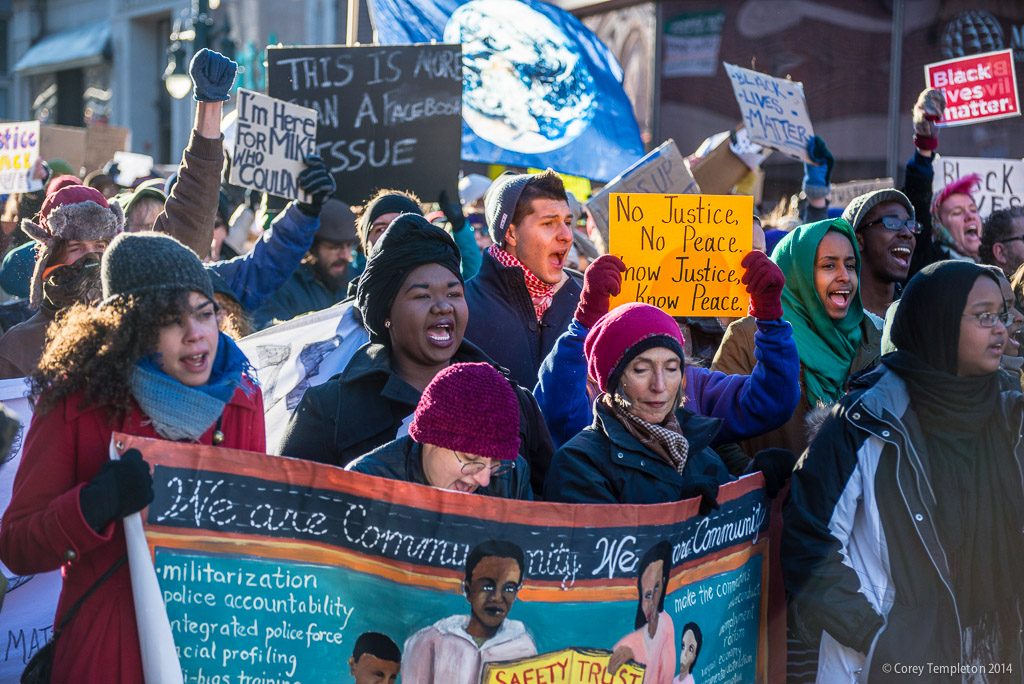
Why Do U.S. Congress Members Vote for Military Spending?
Legislators’ party affiliation and the demographics of their districts account for differences in the legislative vote on military spending.

Militarization of UN Peacekeeping in Mali
The militarization of MINUSMA was reinforced by a robust peacekeeping mandate, cooperation with counterterrorism operations, and significant involvement of NATO countries.

Los sistemas de paz existentes demuestran que las relaciones intergrupales e internacionales pacíficas son posibles
Las variables particulares relacionadas con la paz parecen más fuertes en los sistemas de paz que en los sistemas que no son de paz, lo que sugiere que, de hecho, hay características recurrentes que contribuyen a las relaciones pacíficas entre las sociedades.

Private Military and Security Companies Undermine Peacebuilding Efforts
The presence of private military and security companies promotes militarization in humanitarian spaces and undermines non-militarized approaches to security.
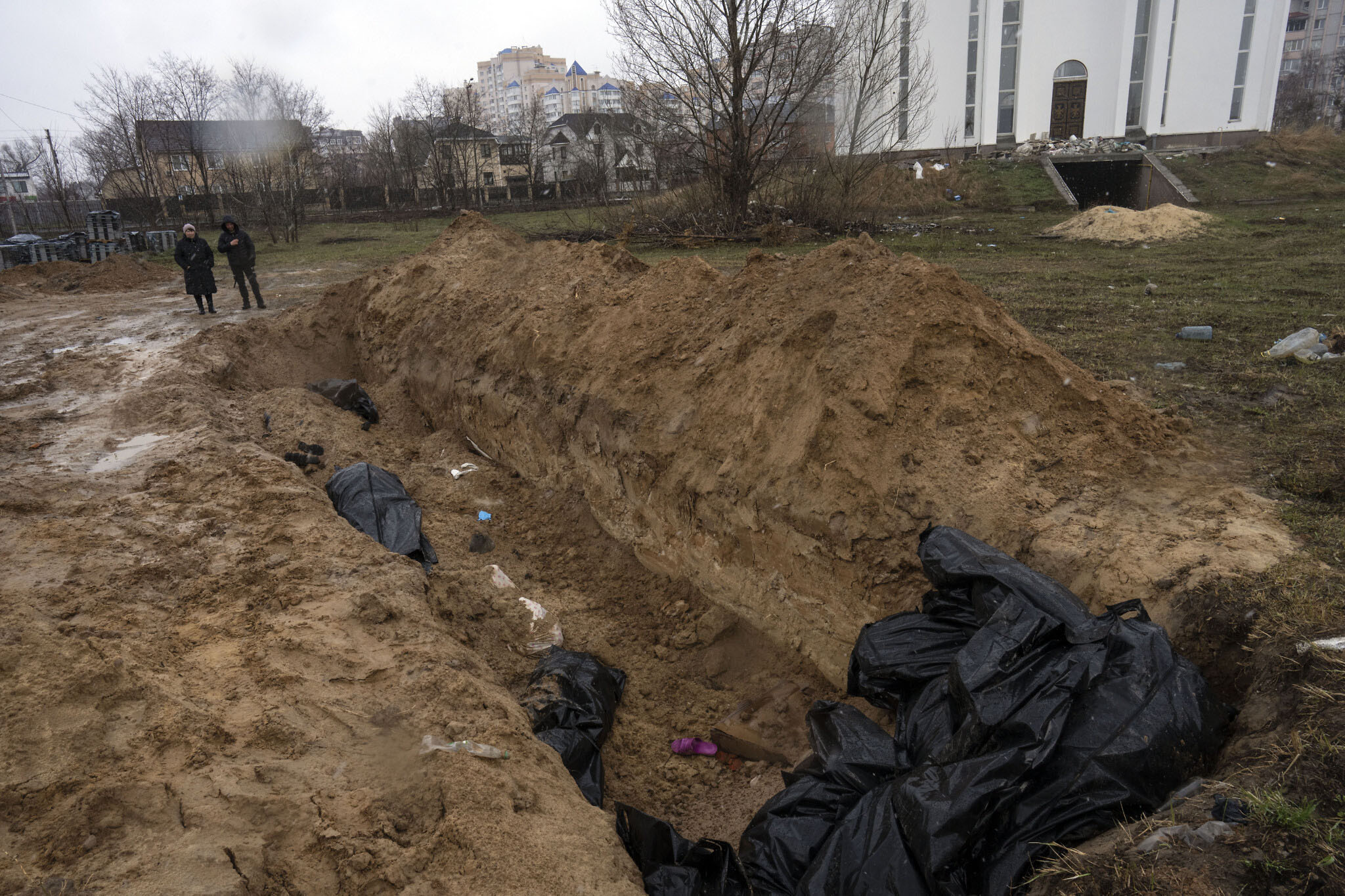
Threatened or Actual Harm Can Provoke an Adversary Rather Than Coerce Them
Instead of coercing or deterring them, the threat or use of military violence (or other harm) can actually make the adversary even more adamant about not backing down, provoking them to resist further or even retaliate.

Militarized Masculinities and the Legitimation of Violence
Despite the popularity of the “Canada-as-peacekeeper” image with the Canadian public, Canada’s military long had problems with it, feeling that it “emasculated” Canadian soldiers and therefore the country itself.

2021 Year in Review
To celebrate the new year, we reflect on the 28 analyses that we published in 2021.
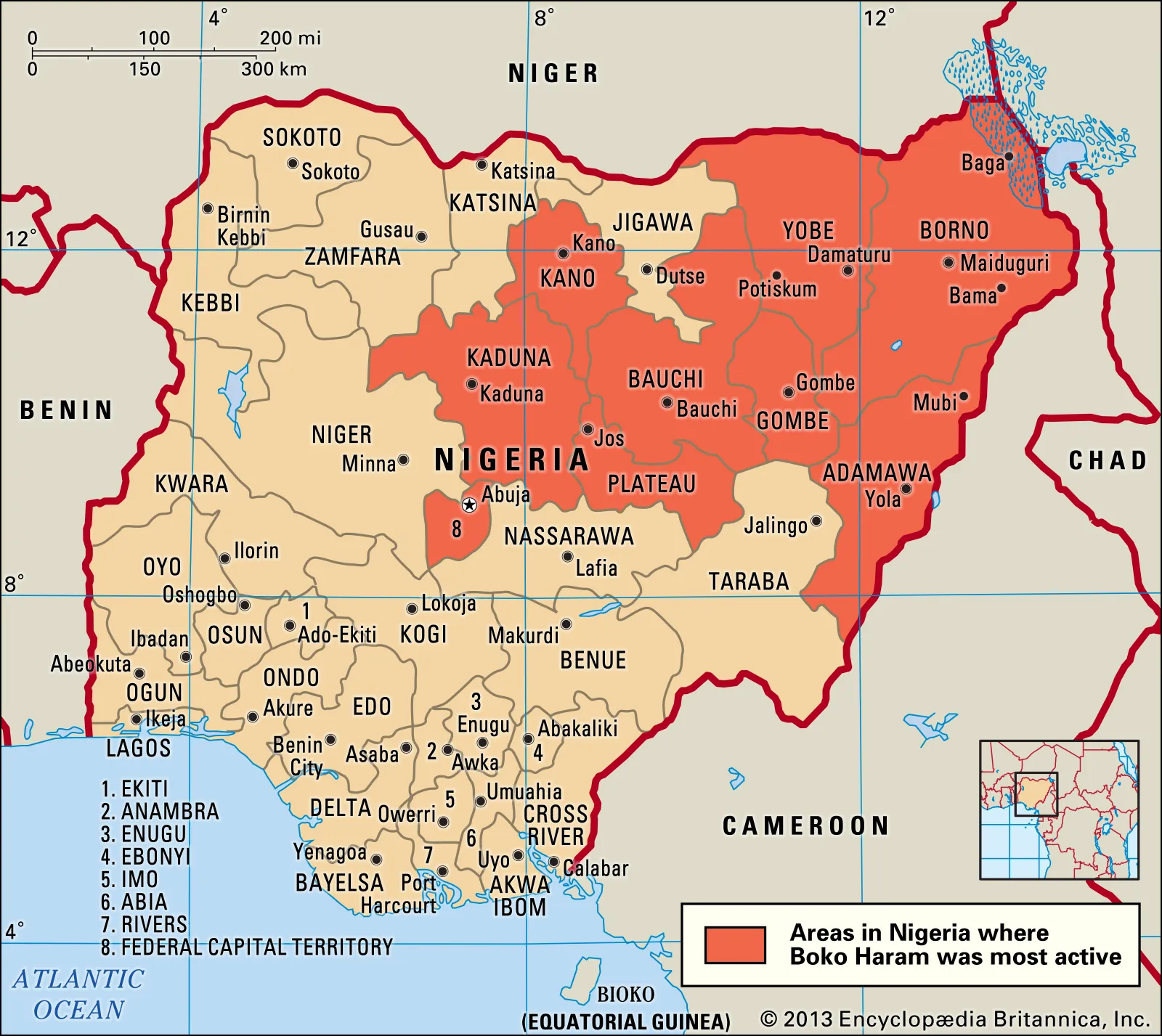
Gendered Security Harms in Nigeria’s Counterinsurgency Response
The overly simplistic understanding of gender in Nigeria’s National Action Plan on Women, Peace, and Security (WPS), along with the government’s failure to prioritize human rights in its security policy, together result in “gendered security harms.”

Building Social Cohesion in South Sudan and Burundi
Social cohesion is best facilitated when bottom-up and top-down efforts—local, national, and international—are integrated and responsive to the relational nature of these societies.
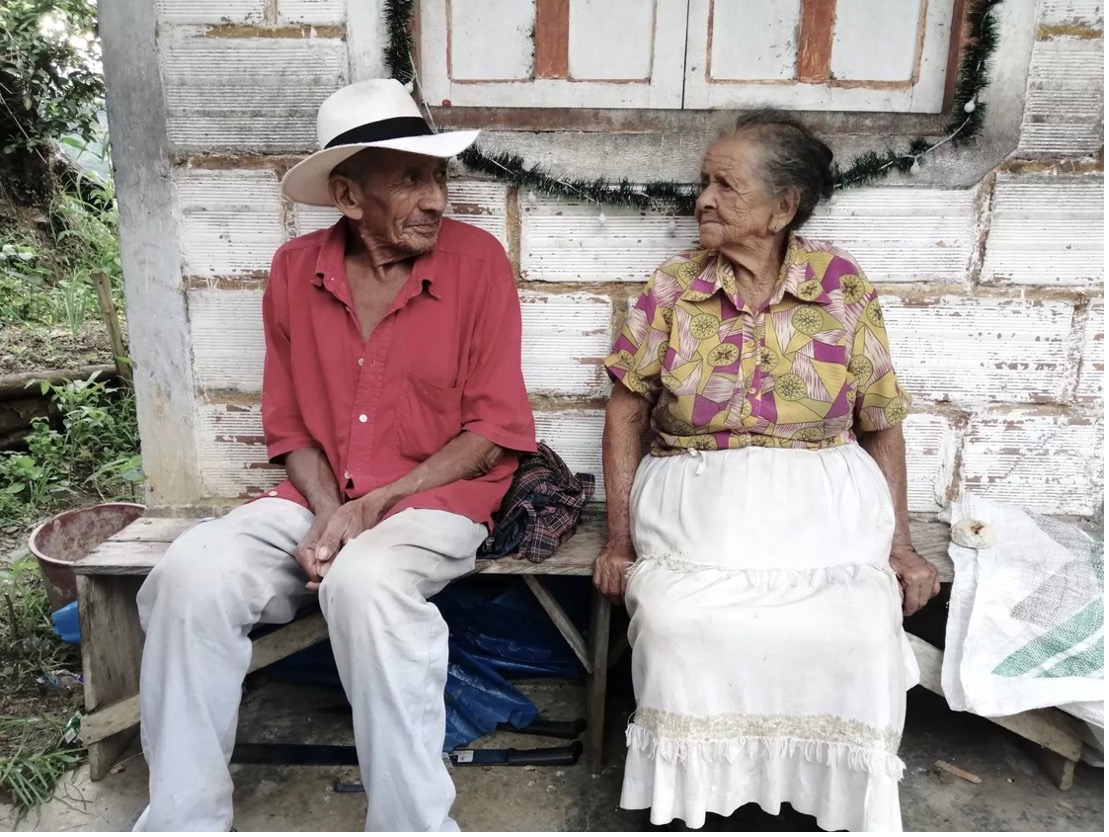
Photography in War-Torn Communities as a Tool for Peace? A Project by Everyday Peace Indicators
Working in partnership with the Colombian Truth Commission (Commission for the Clarification of Truth, Coexistence and Non-Repetition), the Everyday Peace Indicators are seeking to support state-wide efforts to assess and improve Colombia’s implementation of peace processes.
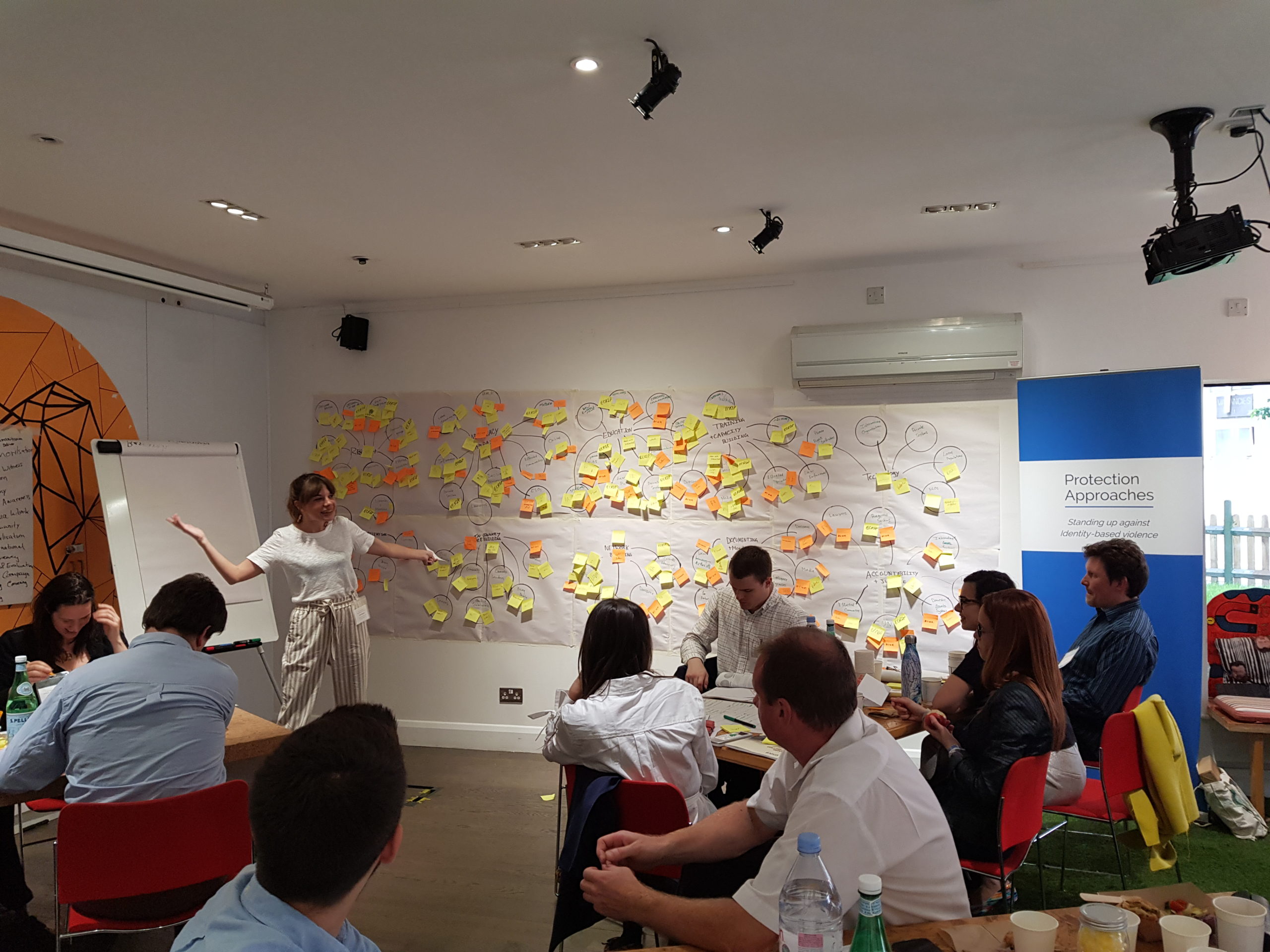
Changing How We Understand and Prevent Identity-Based Violence: The Work of Protection Approaches
Protection Approaches wants to change the way the world thinks about identity-based violence and how we respond to and prevent it.
